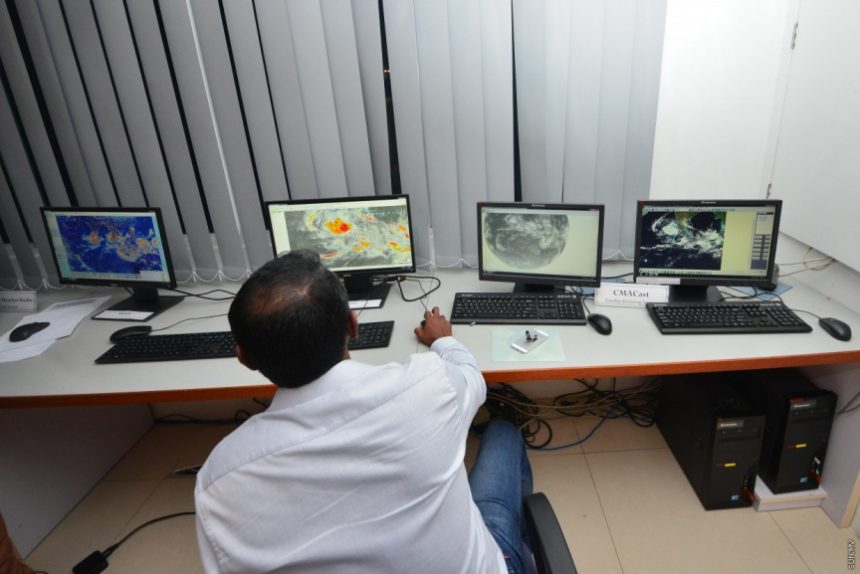Residents in Malé reported feeling tremors late Monday night following a powerful offshore earthquake near Indonesia, despite official assurances from the Maldives Meteorological Service (MET Office) that the quake posed no threat to the country. The agency’s silence in the wake of growing public criticism has only fueled frustration, with many questioning the credibility and responsiveness of official communications.
According to the MET Office, the earthquake struck at 11:41 PM Maldives time and registered a magnitude of 6.2. The epicenter was located approximately 2,215 kilometers from Malé, leading the agency to conclude that it would not impact the Maldives. In a brief public post, the MET Office stated that the quake would have no effect on the country and no further warnings were necessary.
However, shortly after the tremor, social media platforms were flooded with firsthand accounts from Malé residents who said they felt buildings sway, windows rattle, and light fixtures shake. Most reports came from those living in high-rise apartments, particularly in the capital city. The sudden contrast between official reassurance and lived experience sparked a wave of public criticism, with many accusing the MET Office of downplaying or disregarding the public’s concerns.
As of now, the MET Office has yet to issue a follow-up statement or respond to the criticism. This lack of engagement has further deepened public mistrust, prompting calls for greater transparency and real-time communication during regional seismic events, even when the risk appears low.
While it is scientifically plausible for distant earthquakes to cause minor tremors in structurally sensitive buildings, experts stress that such occurrences—especially when felt by the public—should be acknowledged and explained to avoid panic and speculation.
The Maldives is equipped with regional seismometers in locations such as Hanimaadhoo and Kaadehdhoo, designed to detect ground movement. However, the agency has not confirmed whether these monitoring stations registered any activity linked to Monday night’s quake.
Although no damage or injuries have been reported, the incident has reignited debate over how public institutions handle crisis communication. Residents are calling for the establishment of clearer protocols that include immediate acknowledgement of public reports, even if the seismic risk is deemed negligible.
Until the MET Office issues a response, public concern remains high—and trust in the agency’s transparency appears to be on shaky ground.




